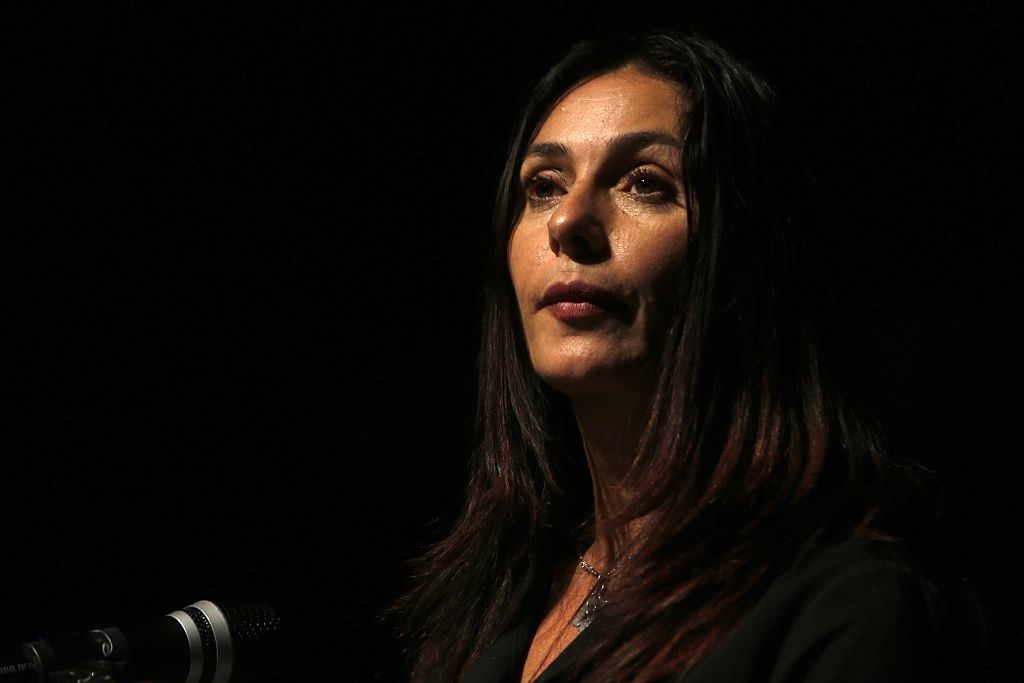Politics
‘We Are Sacrificing Culture for Politics’: Israeli Artists Burn Their Art to Protest a Repressive New ‘Loyalty’ Bill
The government's proposed 'Loyalty in Culture' bill has been compared to censorship.

The government's proposed 'Loyalty in Culture' bill has been compared to censorship.

Henri Neuendorf

Several Israeli artists set fire to their work in Tel Aviv on Sunday night in a public protest against a new “loyalty in culture bill,” which would give culture minister Miri Regev the power to cut funding to artists, institutions, or initiatives that he says conflict with “the principles of the state,” according to Haaretz.
The minister’s proposal sparked outrage among artists and other cultural figures who say it amounts to government censorship of the arts.
In response, illustrator Zeev Engelmayer and artist Oren Fischer encouraged artists to join them in setting fire to their creations at Kikar Hamedina, a large public square in central Tel Aviv, “to sacrifice them as victims of the loyalty law.”
Prior to burning a version of one of his cartoon characters, named Shoshke, Engelmayer said that “this law will lead to art in the service of the government and to creators beginning to take ‘the agenda’ into account,” according to Haaretz. “Art cannot exist without an independent agenda. The moment someone dictates to you, it is no longer art, but propaganda.”
Amir Harash burned a copy of his novel The World Would be Lost and said “the book is full of innocence, it’s an emotional story about compassion—a book that I won’t be able to display because it’s against what the government is trying to advance.”
Next up came the artist and curator Shahar Sarig, who brought his 2008 painting Jews Together at a Bar Mitzvah. “The painting demonstrates the belief that there can be dialogue,” he said. “And I’m burning it because, personally, I’ve lost more of my faith in systems because of the law.”
Artist Sigalit Landau, who represented Israel at the Venice Biennale in 2011, showed a recently finished sculpture, which she decided not not burn because it will be part of an upcoming show. Tentatively titled Jephthah’s Daughter, the sculpture represents a biblical figure who was sacrificed because of a vow her father made.
Landau said the story is relevant to the government’s proposed loyalty in culture bill because “we are sacrificing culture for politics. These people don’t understand culture and how much love is needed to bring something into the world.”